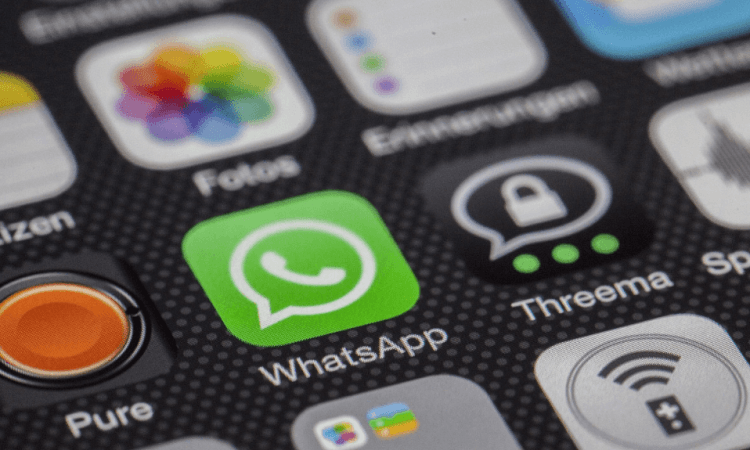The Facebook-owned instant messenger, WhatsApp in the Delhi High Court has challenged the new IT rule over the traceability of messages and termed it unconstitutional, as it breaches the basic privacy of citizens.
However, in September 2019, the Supreme Court had said it was imperative that there is a regime to find out originators of messages, and it may be necessary to get such information from the intermediaries.
In February this year, the Centre notified the Intermediary Guidelines and Digital Media Ethics Code Rules 2021' for social media companies operating in the country. The Centre gave these companies three months to follow. However, Rule 4(2) particularly made WhatsApp upset.
The rule said a significant social media intermediary providing services primarily in the nature of messaging shall enable the identification of the first originator of the information on its computer resource as may be required by a judicial order passed by a court of competent jurisdiction under section 69 IT Rules, 2009.
Interestingly, a bench comprising Justices Deepak Gupta and Aniruddha Bose in an order passed on September 24, 2019, made some crucial observations in Facebook Inc. Vs the Union of India and others, in connection with the first originator of a message.

The bench said there were various messages and content spread or shared on social media, some of which are harmful, and some messages can incite violence. It had noted there may be messages which are against the sovereignty and integrity of the country; also, there is a large amount of pornography and paedophiles use social media in a big way.
Context for Court verdict
"Drugs, weapons and other contrabands can be sold through the use of platforms run by the intermediaries. In such circumstances, it is imperative that there is a properly framed regime to find out the persons/institutions/bodies who are the originators of such content/messages. It may be necessary to get such information from the intermediaries," the bench had said.
It noted de-encryption, if available easily, could defeat the fundamental right of privacy and de-encryption of messages may be done under special circumstances but it must be ensured that the privacy of an individual is not invaded.
"However, at the same time, the sovereignty of the state and the dignity and reputation of an individual are required to be protected. For purposes of detection, prevention and investigation of certain criminal activities it may be necessary to obtain such information. De-encryption and revelation of the identity of the originator may also be necessary in certain other cases, some of which have been highlighted hereinabove," the top court had said then.
The top court had observed, in this context, the law is still at a nascent stage and technology keeps changing every day, if not every hour. The bench had stressed that there are various creases that need to be ironed out.
"Though, the guidelines provided that the intermediaries should furnish the information, it is not clear how the intermediaries who are based abroad and do not even have grievance officer posted in the country, would be compelled to reveal this information," the bench had noted.
However, in its petition at the Delhi High Court, WhatsApp said identification of the first originator of a message under the new rules infringed upon the fundamental rights to privacy and free speech of the hundreds of millions of citizens using the instant messaging app to communicate privately and securely.
The petition contended the requirement that intermediaries like WhatsApp enable the identification of the first originator of information in India on their platforms puts end-to-end encryption and its benefits at risk.
















